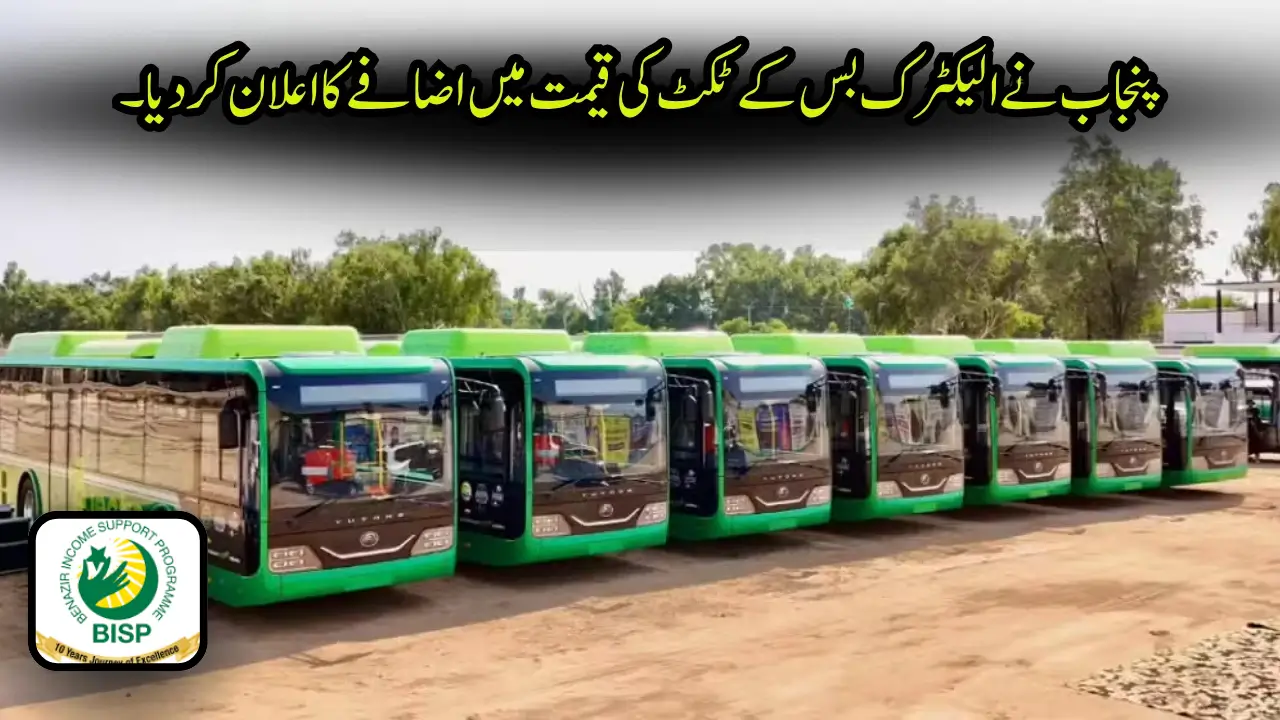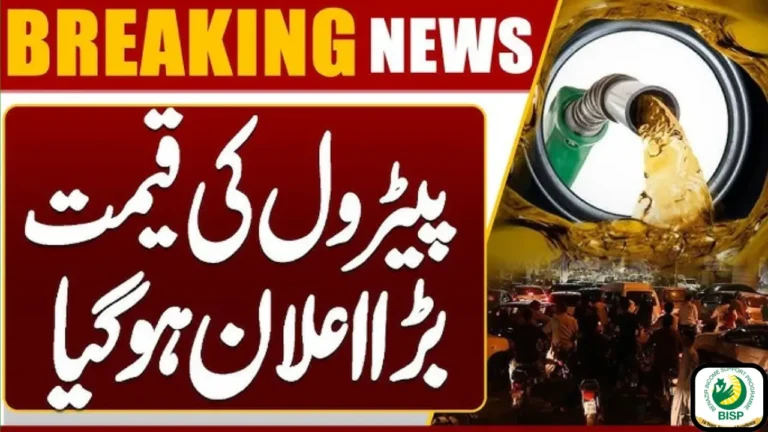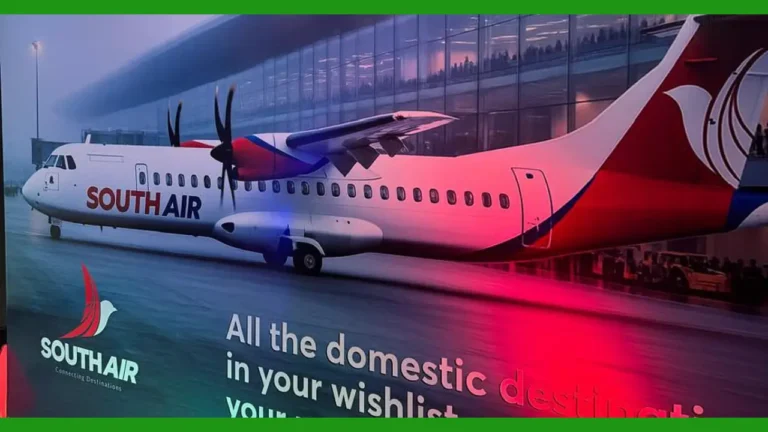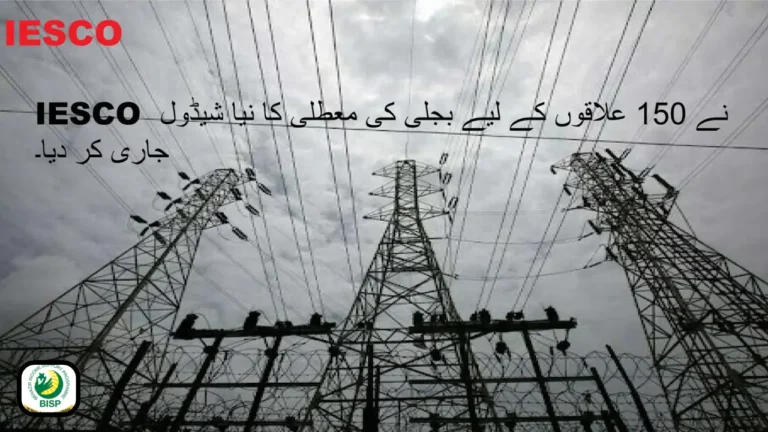Electric Bus Ticket Prices to Rise in Punjab – Government’s 2025 Decision
The Punjab government has recently announced that electric bus ticket prices will rise starting in 2025, a decision that is expected to impact many regular commuters. As the state continues to expand its electric bus network, the rise in fares aims to cover the increasing operational costs of these eco-friendly vehicles. While the decision has been made with environmental goals in mind, the implications of higher ticket prices have raised concerns among passengers who rely on affordable public transportation.
Gold Prices Rise Again in Pakistan
Why Are Electric Bus Ticket Prices Rising?
The primary reason for the increase in electric bus ticket prices is the rising costs of operating and maintaining electric buses. Although electric buses are more environmentally friendly and cost-effective in the long run, they require significant upfront investment in infrastructure, such as charging stations and battery replacements. Additionally, the cost of electricity for charging these buses has seen an upward trend, which contributes to the higher operating costs. As the electric bus fleet expands, these costs need to be covered to ensure the service remains sustainable and efficient.
The government’s goal is to make public transportation more eco-friendly by reducing reliance on fossil fuels, and electric buses play a central role in that strategy. However, with the increasing financial demands of maintaining and growing the electric bus fleet, the government has decided to raise ticket prices gradually over the next few years.
Italy Announces Massive Job Openings
What Will the Fare Hike Mean for Commuters?
The impact of rising electric bus ticket prices will likely be felt by commuters who use the buses regularly for work or education. For some passengers, especially low-income individuals, the increase in fares may present a financial challenge. As it stands, electric buses offer an affordable and sustainable way to travel, but the cost increase could discourage some passengers from using them regularly.
To mitigate this, the government has pledged to introduce subsidized passes for frequent travelers and students. However, questions remain about how effective these measures will be in offsetting the price increase for all affected commuters. In the meantime, passengers will need to consider how the fare rise will affect their travel budgets and whether alternative transport options will be more cost-effective in the future.
How Much Will Bus Ticket Prices Increase?
While exact prices are still under discussion, the government has outlined a rough plan for the increase. The new fare structure will reflect a gradual rise in ticket prices to avoid a sudden shock for passengers. Here’s a glimpse at the projected changes based on the current pricing model:
| Current Ticket Price | Projected 2025 Ticket Price |
|---|---|
| 20 for short distances | 25 for short distances |
| 40 for medium distances | 50 for medium distances |
| 60 for long distances | 75 for long distances |
These increases will apply to all routes, with longer trips facing more significant fare hikes. Although the rise is expected to be incremental, commuters should prepare for higher costs when the new fares are implemented in 2025.
CM Punjab Green Tractor Scheme Phase 2
Benefits of Electric Buses Despite Higher Ticket Prices
Despite the fare increase, there are several long-term benefits to electric buses that make them a worthy investment. Electric buses are much more energy-efficient than their diesel counterparts and contribute to cleaner air by reducing harmful emissions. In cities like Punjab, where pollution has become a significant concern, electric buses offer a much-needed solution for reducing carbon footprints.
Moreover, electric buses are quieter, offering a more comfortable travel experience for passengers. The lower maintenance costs of electric buses also mean that, in the long run, the service could become more reliable and efficient, leading to fewer disruptions for commuters.
What’s Next for Electric Bus Ticketing in Punjab?
As the electric bus network continues to expand, there may be additional changes to the ticket pricing structure in the future. The rise in electric bus ticket prices is part of the ongoing effort to make public transport greener and more sustainable, but it is clear that the government will need to carefully manage fare adjustments to ensure they do not alienate regular commuters. This will likely involve a combination of increased subsidies, discounted travel options, and public outreach to help people adjust to the new pricing.
Apply for Your Learner Licence at Home
Conclusion
The rise in electric bus ticket prices in Punjab is a necessary step towards building a more sustainable public transport system. While the fare hike may cause inconvenience for some passengers, it is important to view this decision in the context of long-term environmental and operational goals. Electric buses not only provide cleaner, more efficient travel options but also help reduce the state’s carbon footprint.
For commuters, staying informed about the new pricing structure and exploring available discounts or subsidies will be key in managing the impact of the fare increase. Ultimately, the government’s commitment to a greener, more sustainable future should be balanced with efforts to keep public transportation accessible for all. The future of electric bus services in Punjab holds great promise, and with careful planning, it is possible to create a system that serves both the environment and the people of Punjab effectively.
8171 Validation Portal November 2025






